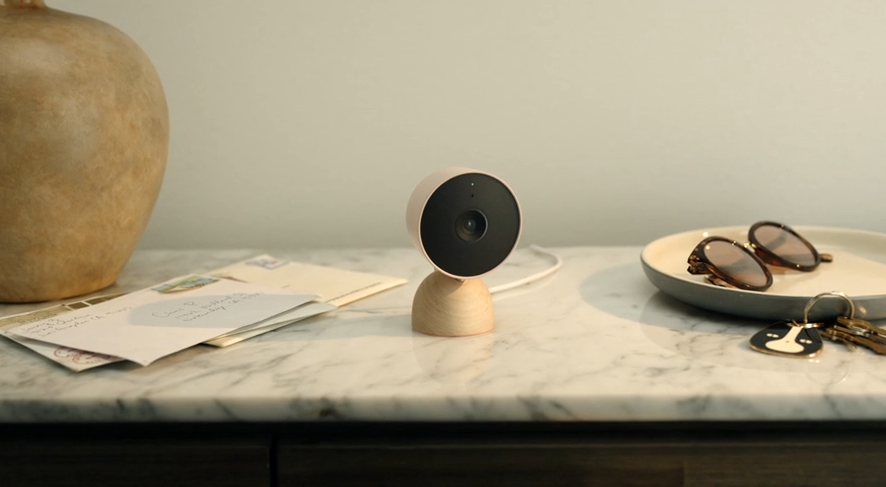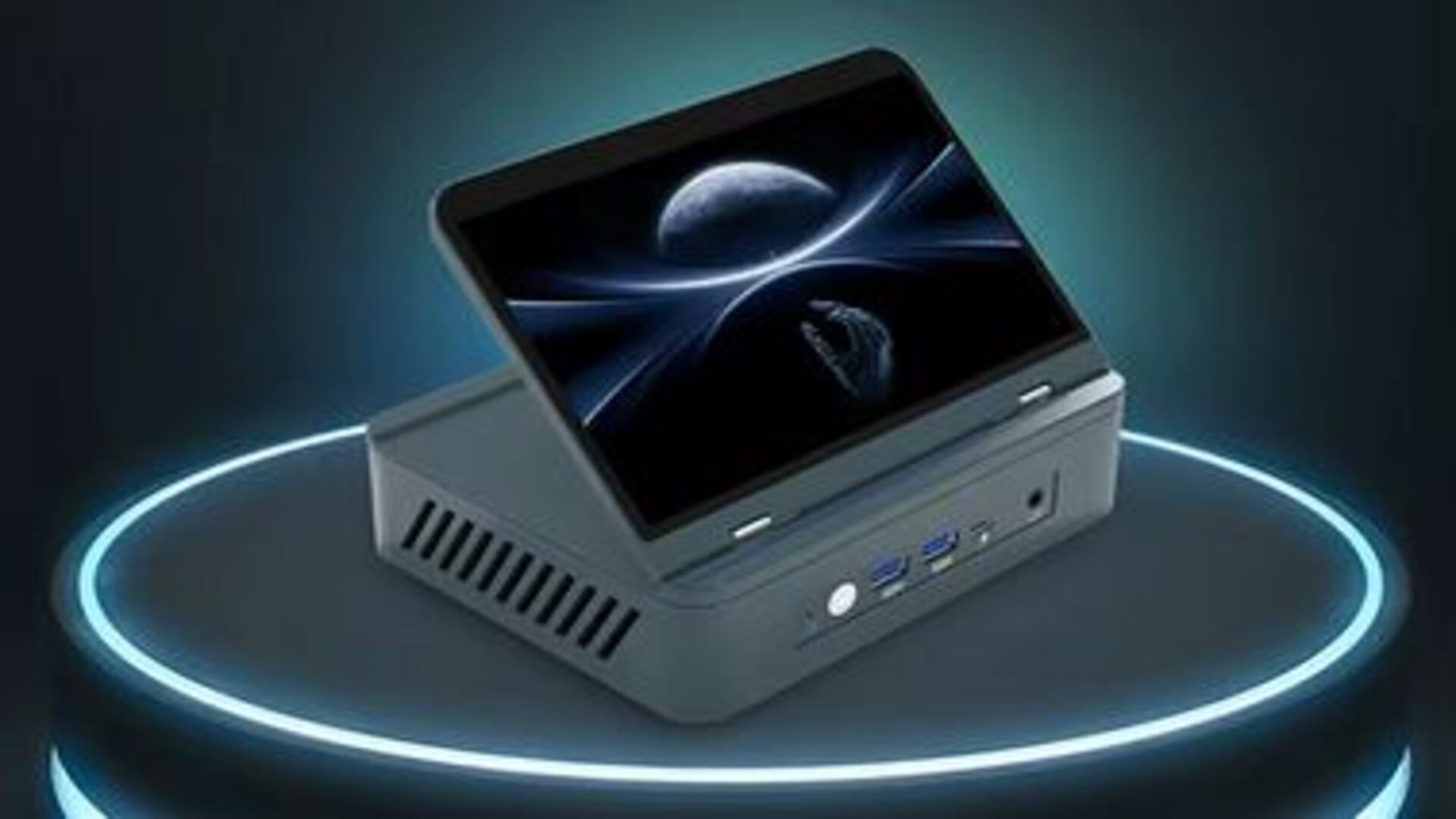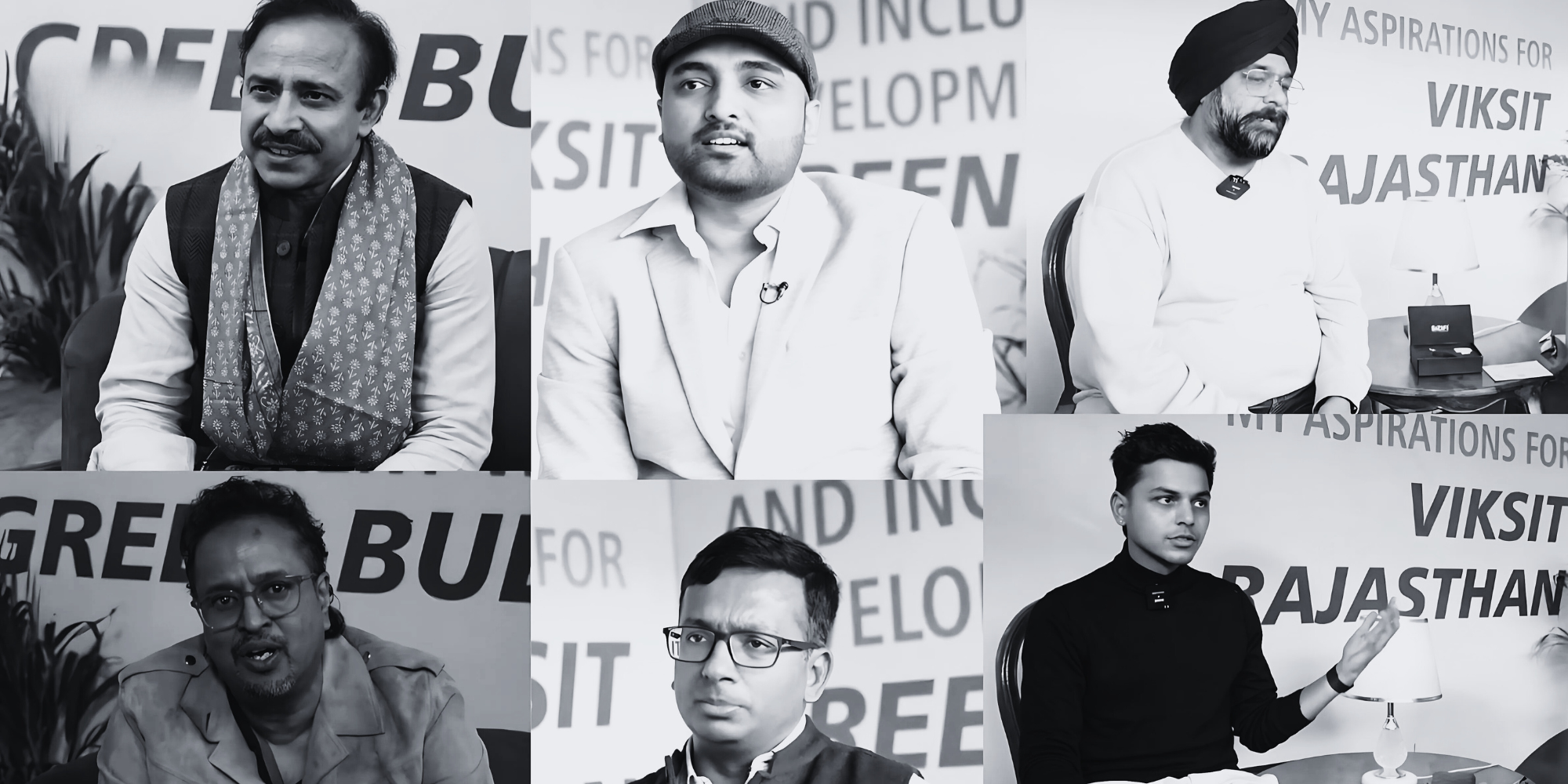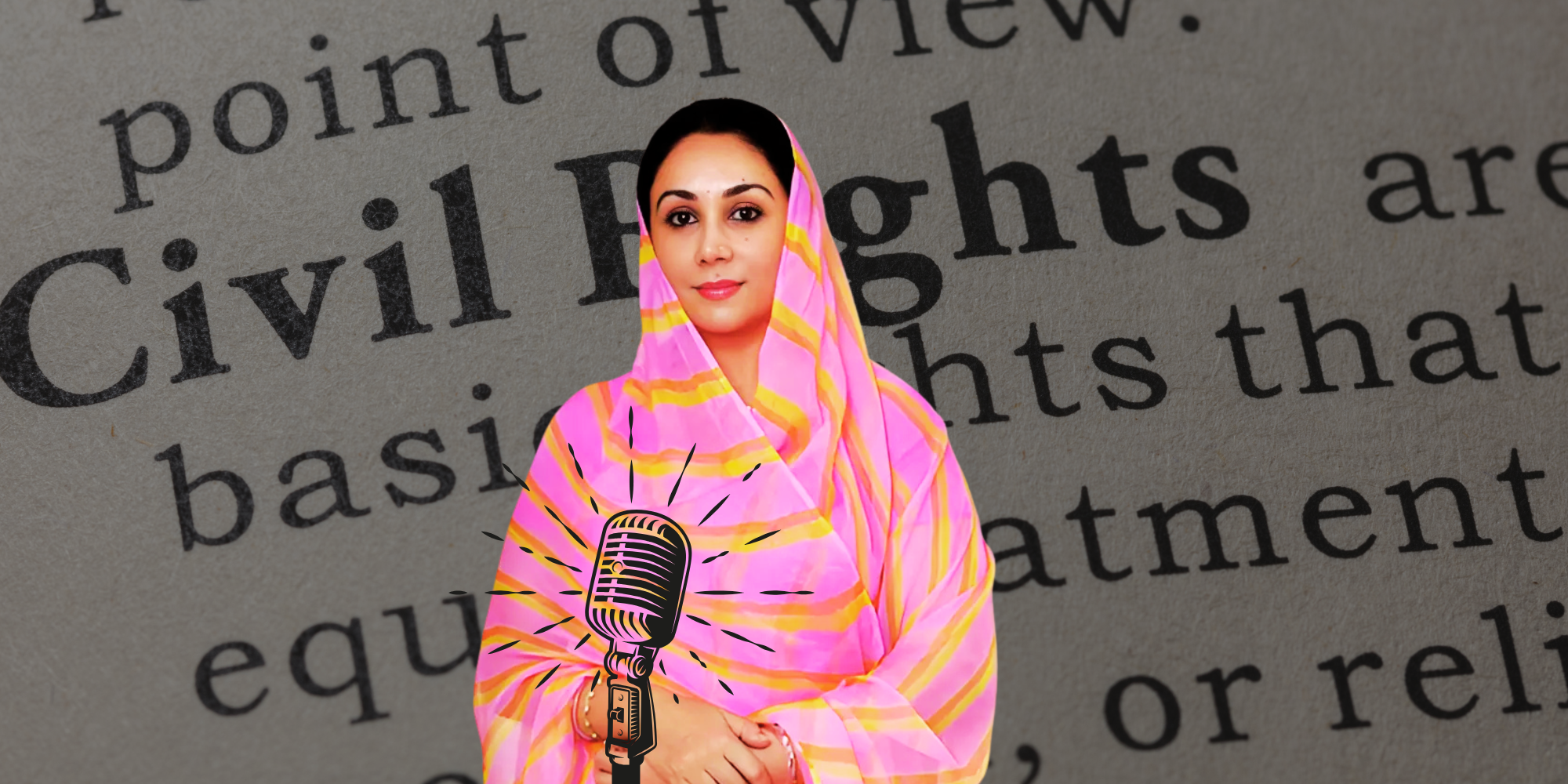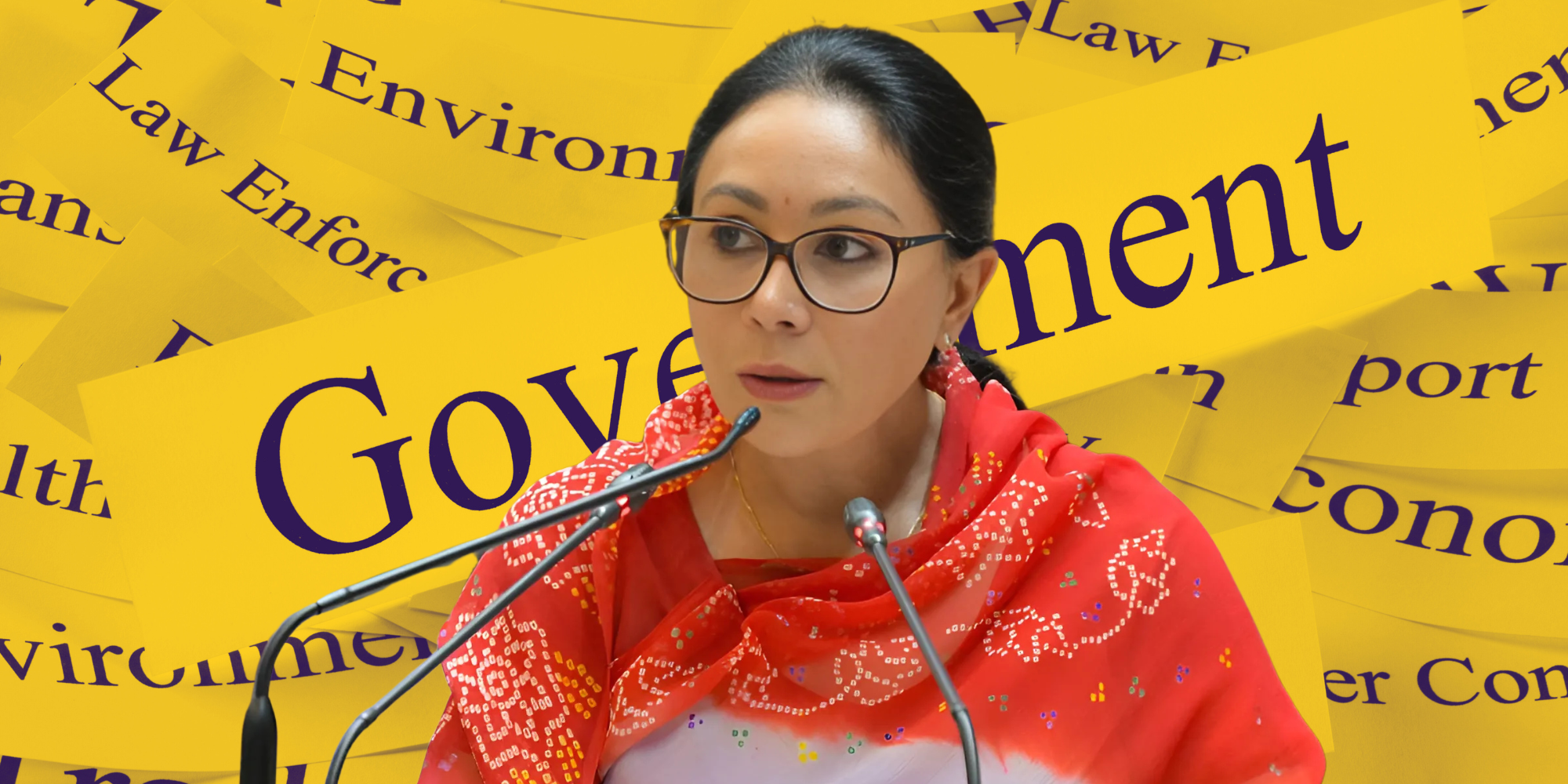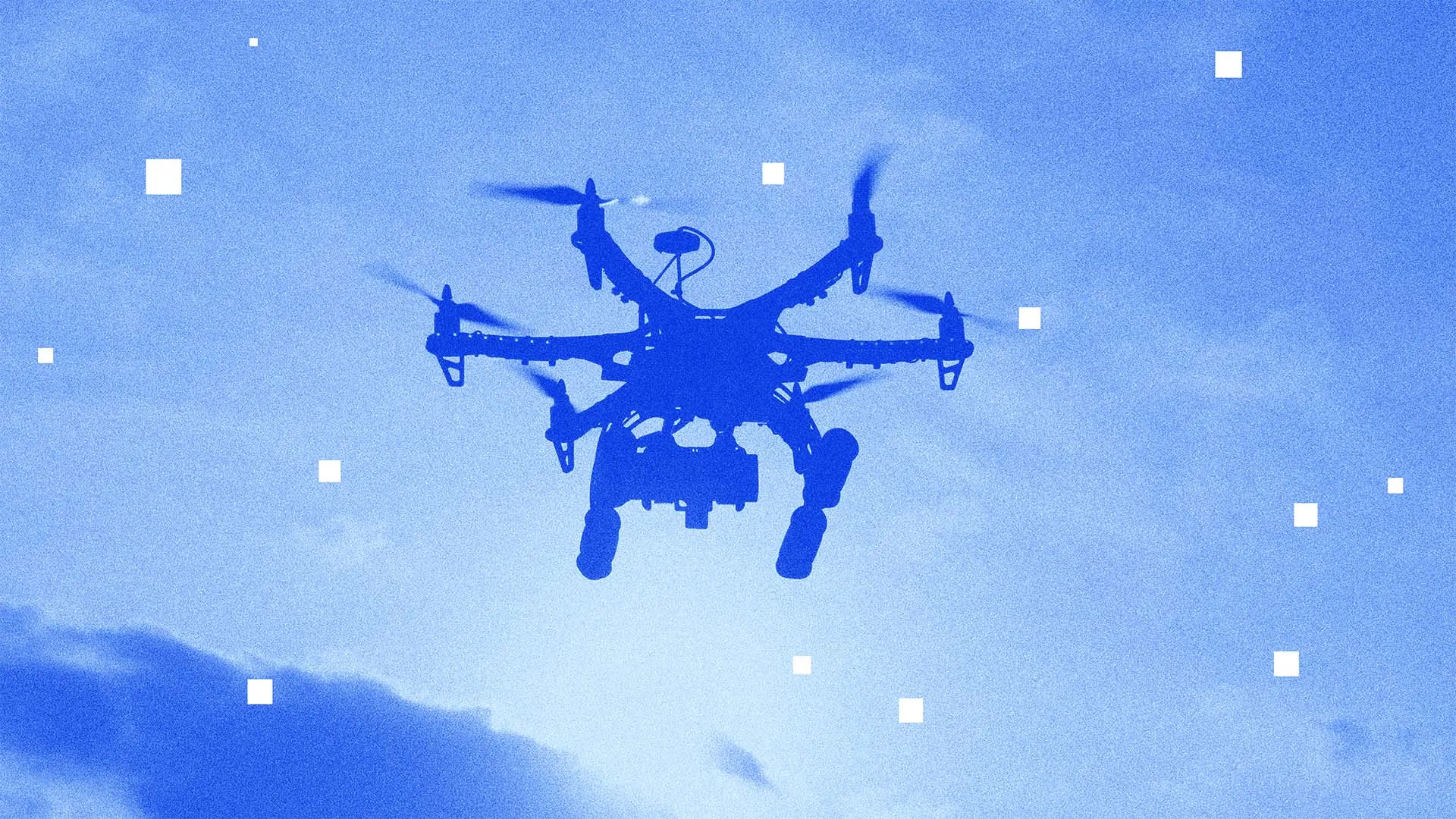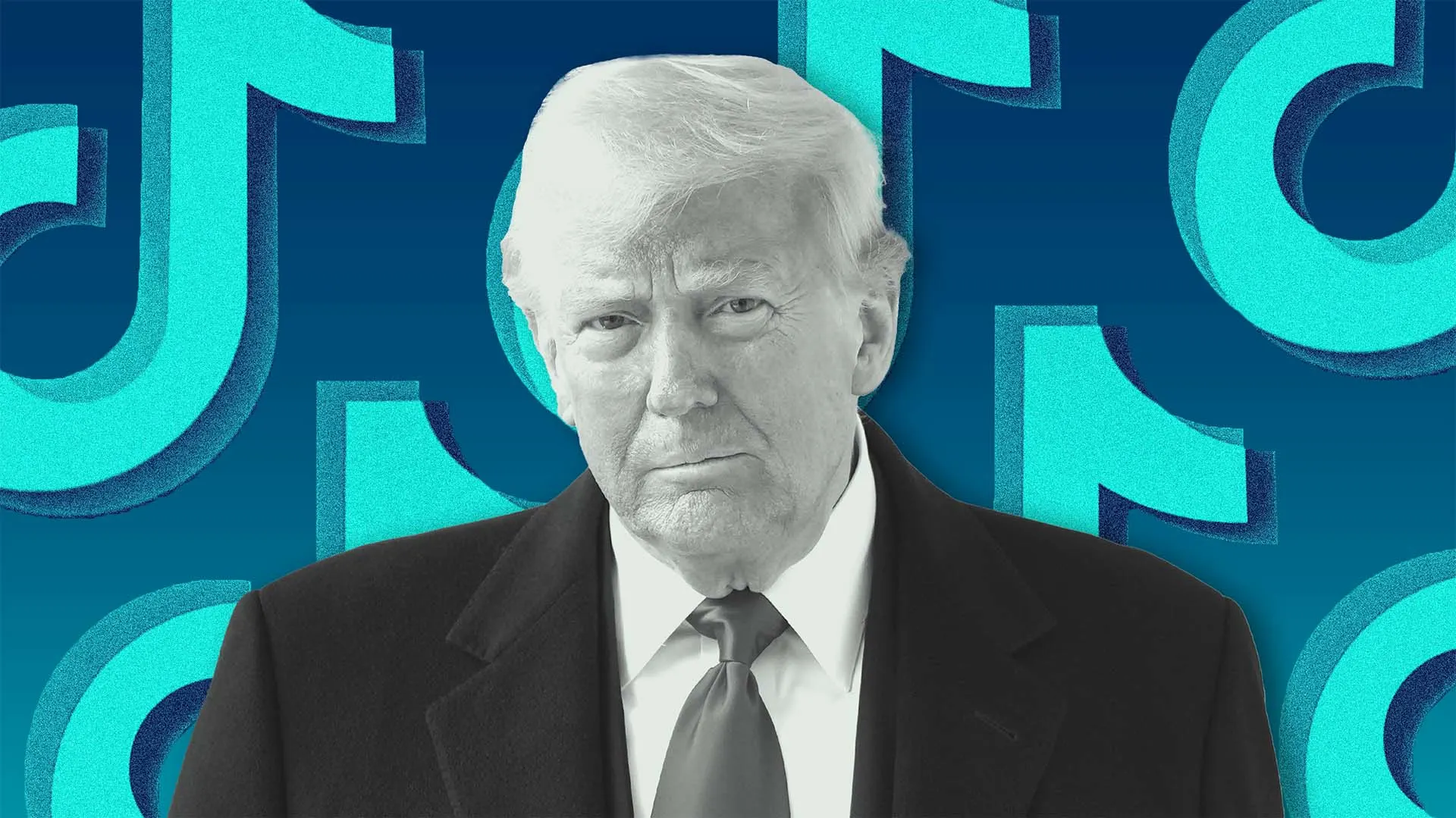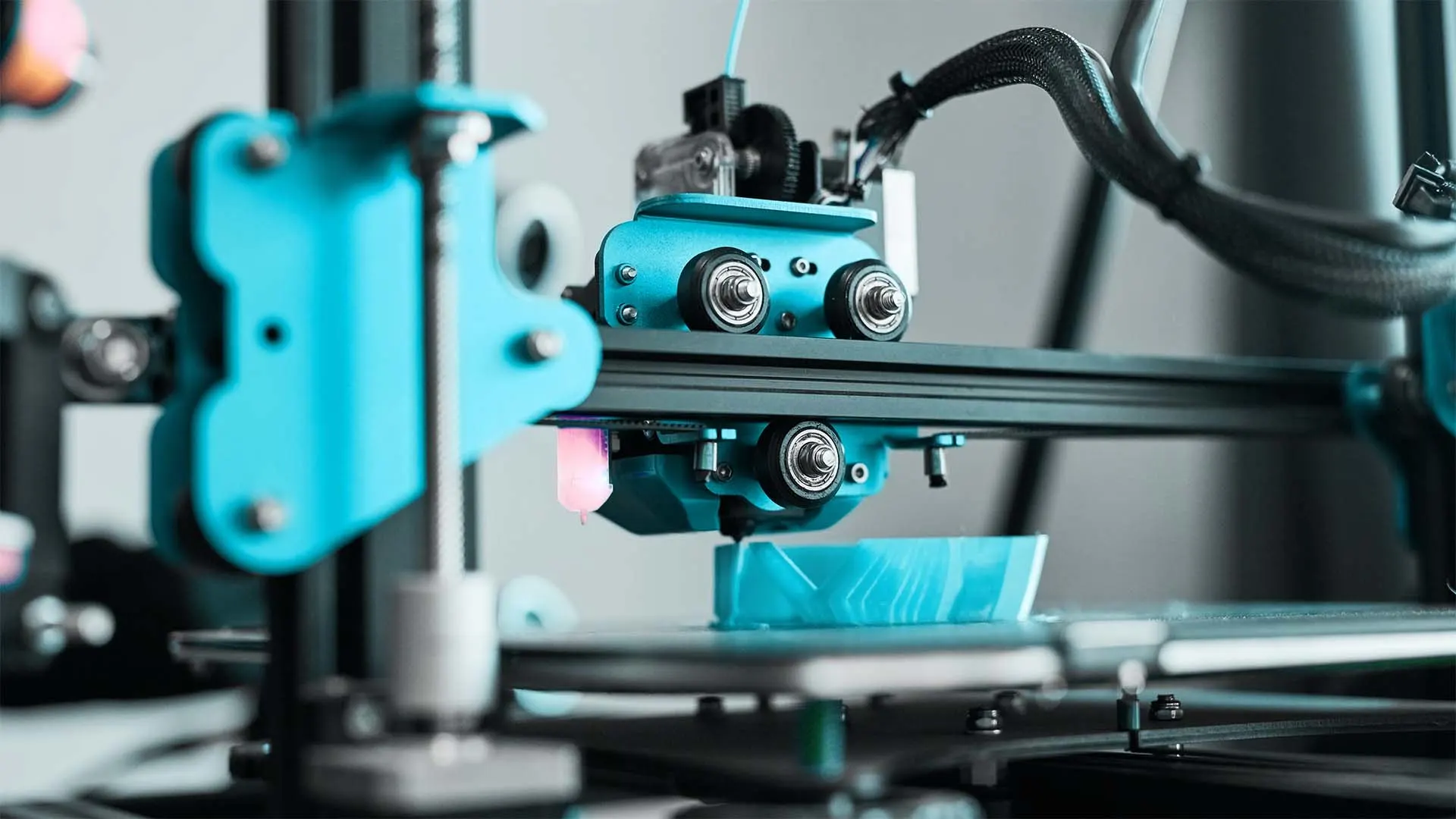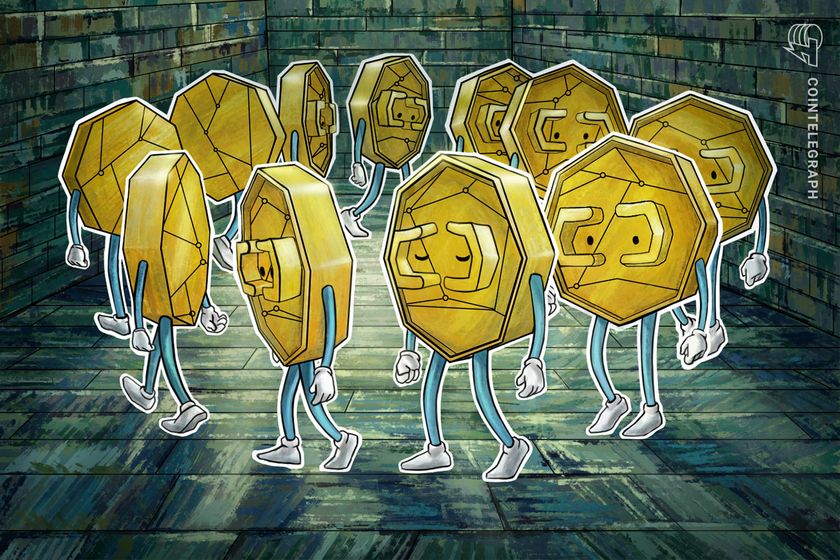Microsoft gives Copilot its own memory in new push to personalize its AI assistant
REDMOND, Wash. — Microsoft on Friday unveiled a series of updates to its Copilot AI assistant for consumers, including a new personalized memory feature designed to recall details from a user’s life across conversations. “With your permission, Copilot will now remember what you talk about, so it learns your likes and dislikes and details about your life: the name of your dog, that tricky project at work, what keeps you motivated to stick to your new workout routine,” wrote Mustafa Suleyman, Microsoft AI CEO, who leads the company’s consumer AI initiatives. Microsoft says the new memory feature allows Copilot to… Read More


REDMOND, Wash. — Microsoft on Friday unveiled a series of updates to its Copilot AI assistant for consumers, including a new personalized memory feature designed to recall details from a user’s life across conversations.
“With your permission, Copilot will now remember what you talk about, so it learns your likes and dislikes and details about your life: the name of your dog, that tricky project at work, what keeps you motivated to stick to your new workout routine,” wrote Mustafa Suleyman, Microsoft AI CEO, who leads the company’s consumer AI initiatives.
Microsoft says the new memory feature allows Copilot to retain information such as a user’s favorite foods, entertainment preferences and personal milestones, enabling more personalized responses, reminders and suggestions over time.
In addition to controlling whether Copilot remembers information, the company says users will have options to manage or delete stored data through a dashboard.

Microsoft also announced new AI agent capabilities in Copilot that will take action on behalf of users; a new “Pages” feature that collects and organizes notes and other content; auto-generated podcasts based on user interests; an AI-powered shopping assistant; a deep research assistant, and new AI search capabilities in Microsoft Bing.
The company made the announcements Friday morning at an event in Redmond where Microsoft CEO Satya Nadella and others are be marking the company’s 50th anniversary.
“What started out as a developer tools company 50 years ago is now a platform company where everyone can be a developer,” Nadella said as he opened the event. “Our mission is not changed. It’s only expanded.”
The latest Copilot updates underscore the intense competition among tech giants to build more personalized and capable AI assistants for consumers, attempting to move beyond business applications.
ChatGPT, from Microsoft’s key partner OpenAI, offers memory features that let the assistant recall user-shared information between sessions. Google’s Gemini AI offers a similar capability for premium subscribers. Amazon’s Alexa+, which is rolling out now, allows users to store information like family recipes or frequent flyer numbers and retrieve them later.
Microsoft says it’s also testing new ways for users to customize Copilot’s appearance and personality, hinting at more interactive and individualized experiences in the future.
Suleyman joined Microsoft last year after co-founding Inflection AI and previously leading applied AI at DeepMind. He has long described persistent memory as a critical milestone for the next generation of AI assistants, predicting that such a capability would bridge the gap between machine intelligence, emotion, and the ability to take action on behalf of users.
“The missing piece that loops all those together, I think, is memory,” Suleyman said in October at Madrona’s IA Summit in Seattle. He predicted that within 18 months, AIs would have “very good memory,” enabling them to form deeper, more useful relationships with users.
In public talks, Suleyman has maintained that AI is evolving from a tool into something closer to a relationship—something that not only responds but adapts and supports over time.
“My team and I are now in the business of engineering personality,” he said. “We’re crafting a lasting, meaningful, trusted relationship. That is the new platform, as far as I see it.”






















































.jpg)
%20Abstract%20Background%20112024%20SOURCE%20Amazon.jpg)


















































































































![[The AI Show Episode 142]: ChatGPT’s New Image Generator, Studio Ghibli Craze and Backlash, Gemini 2.5, OpenAI Academy, 4o Updates, Vibe Marketing & xAI Acquires X](https://www.marketingaiinstitute.com/hubfs/ep%20142%20cover.png)
















































































































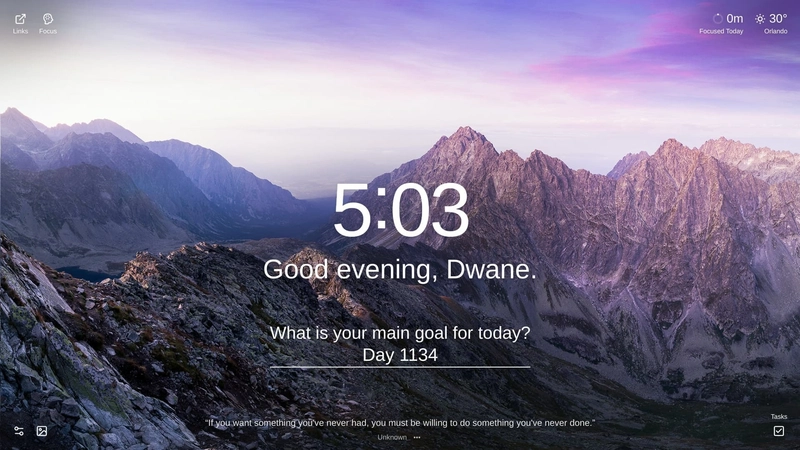
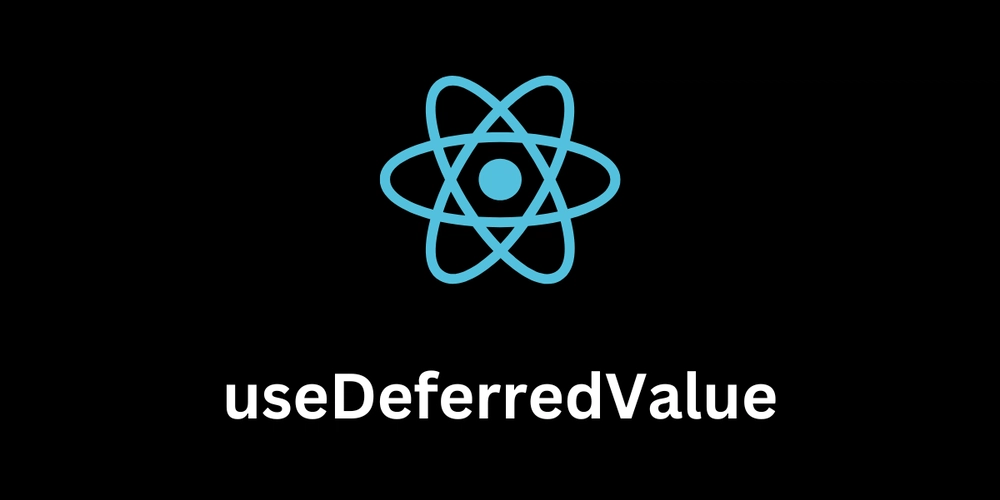














![From drop-out to software architect with Jason Lengstorf [Podcast #167]](https://cdn.hashnode.com/res/hashnode/image/upload/v1743796461357/f3d19cd7-e6f5-4d7c-8bfc-eb974bc8da68.png?#)
















































.png?#)













































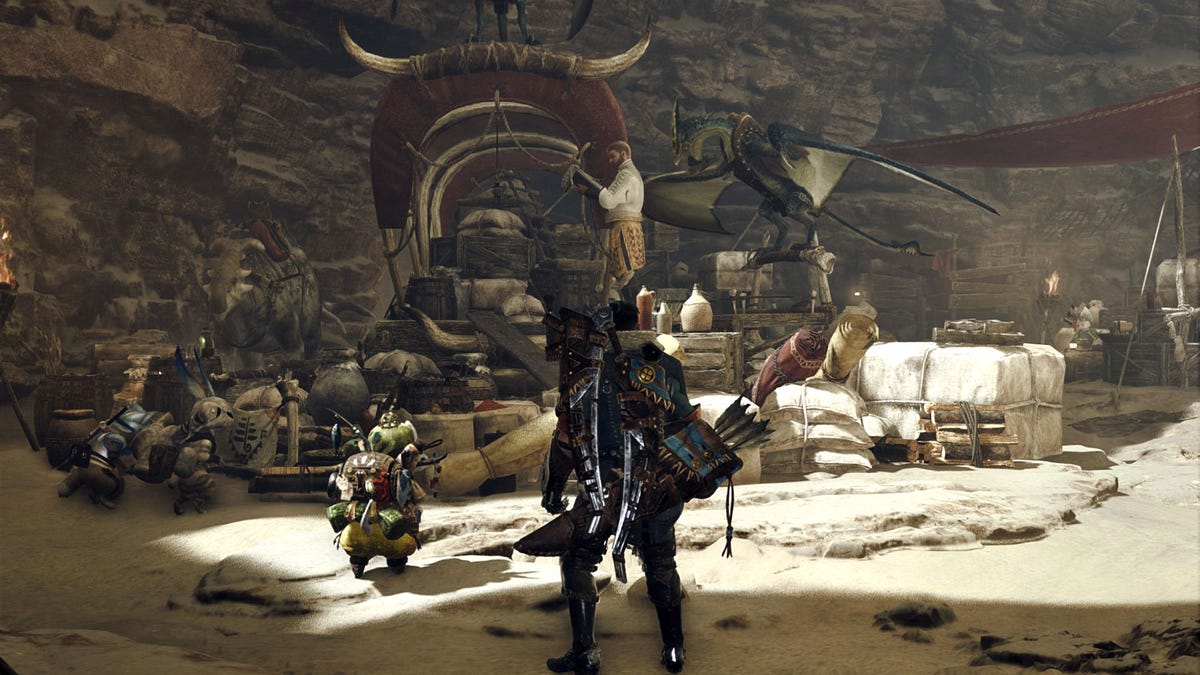


































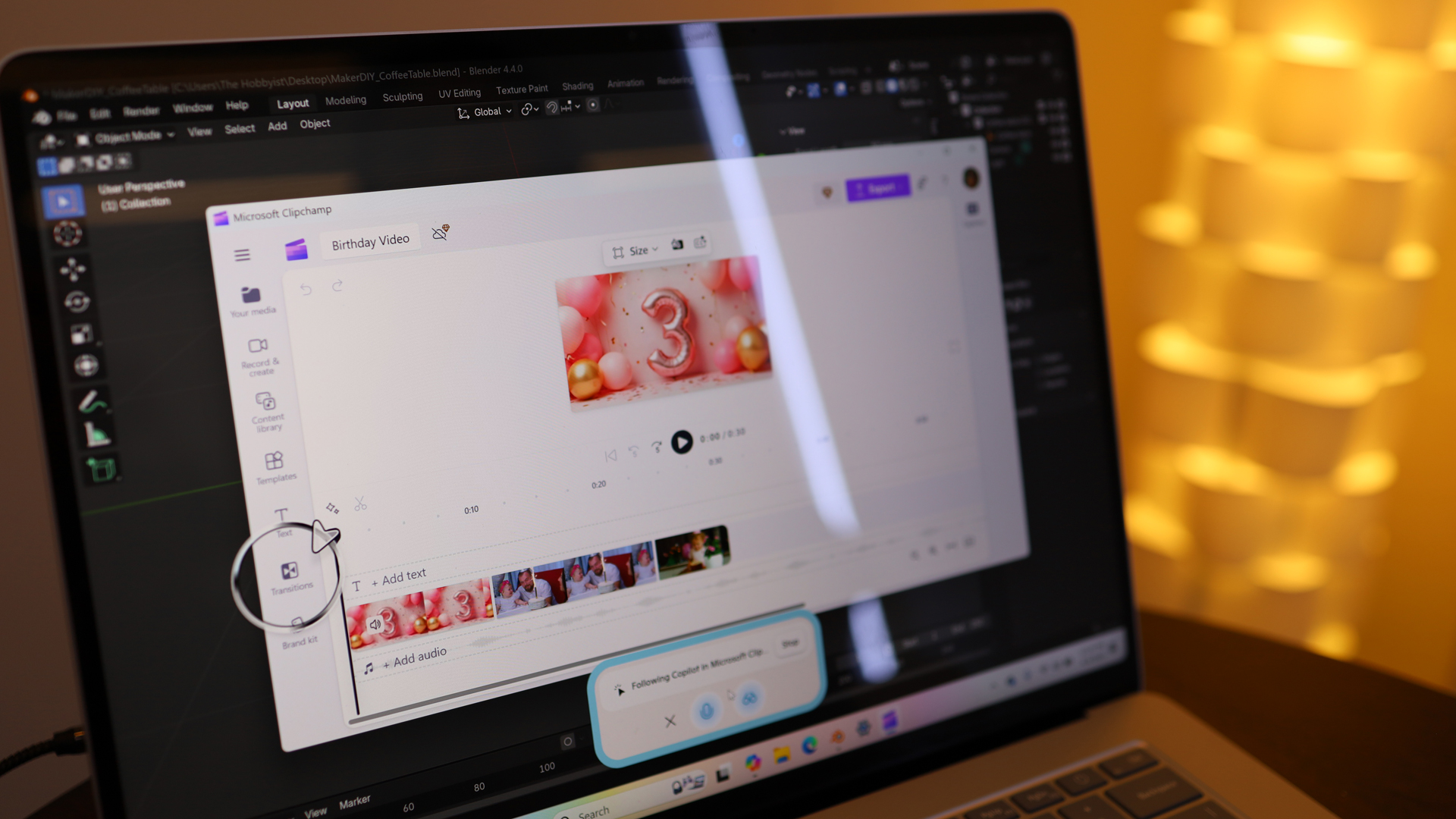










_Christophe_Coat_Alamy.jpg?#)







































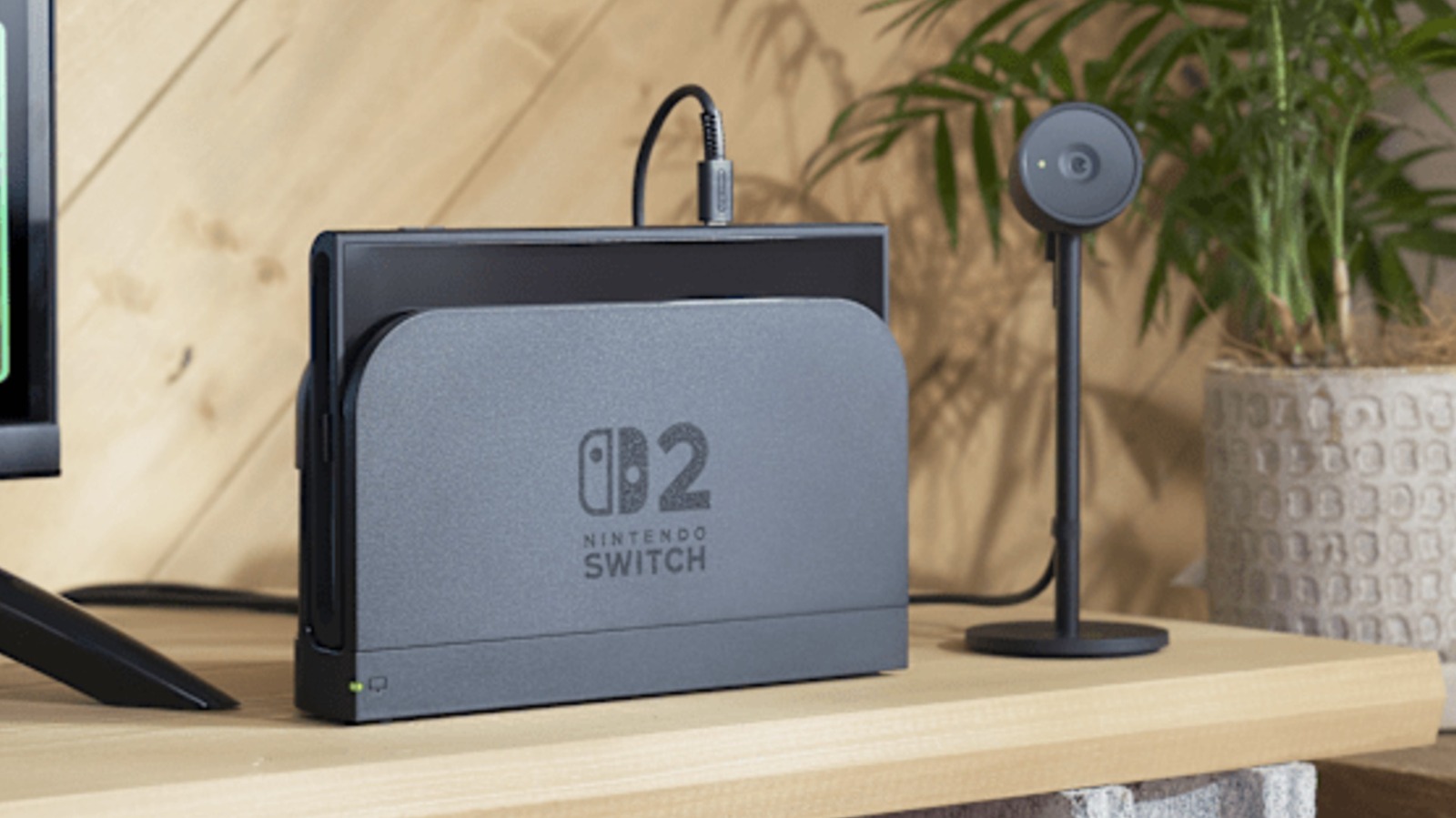












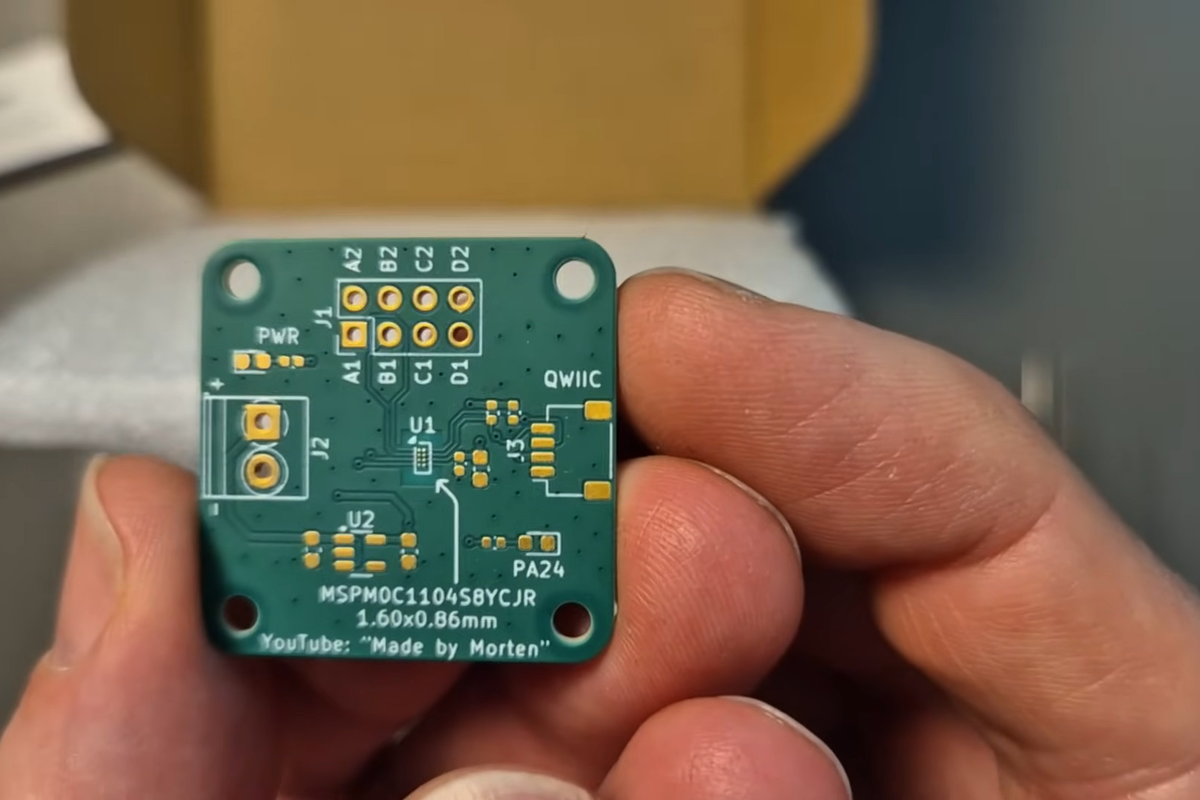





















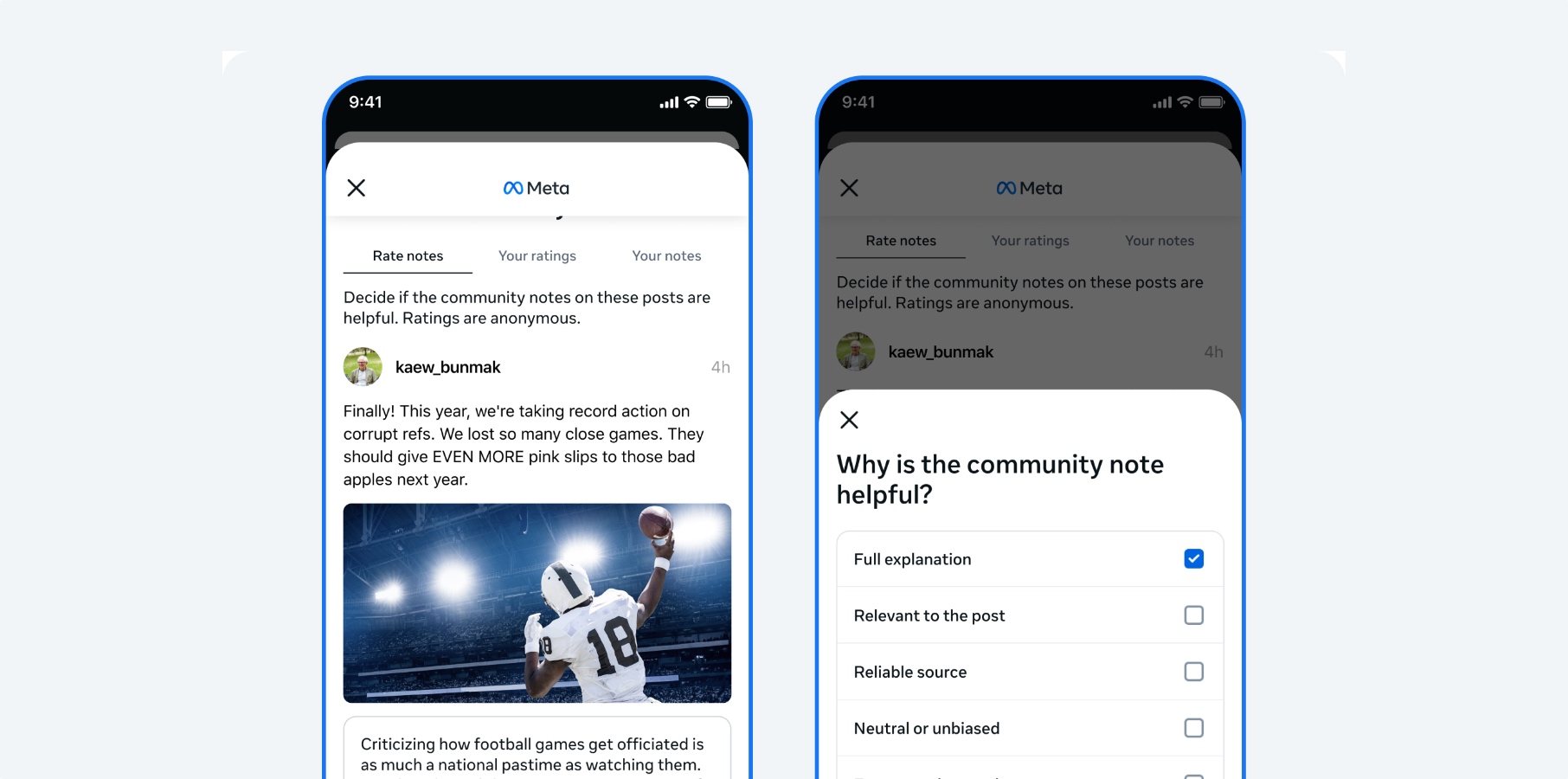



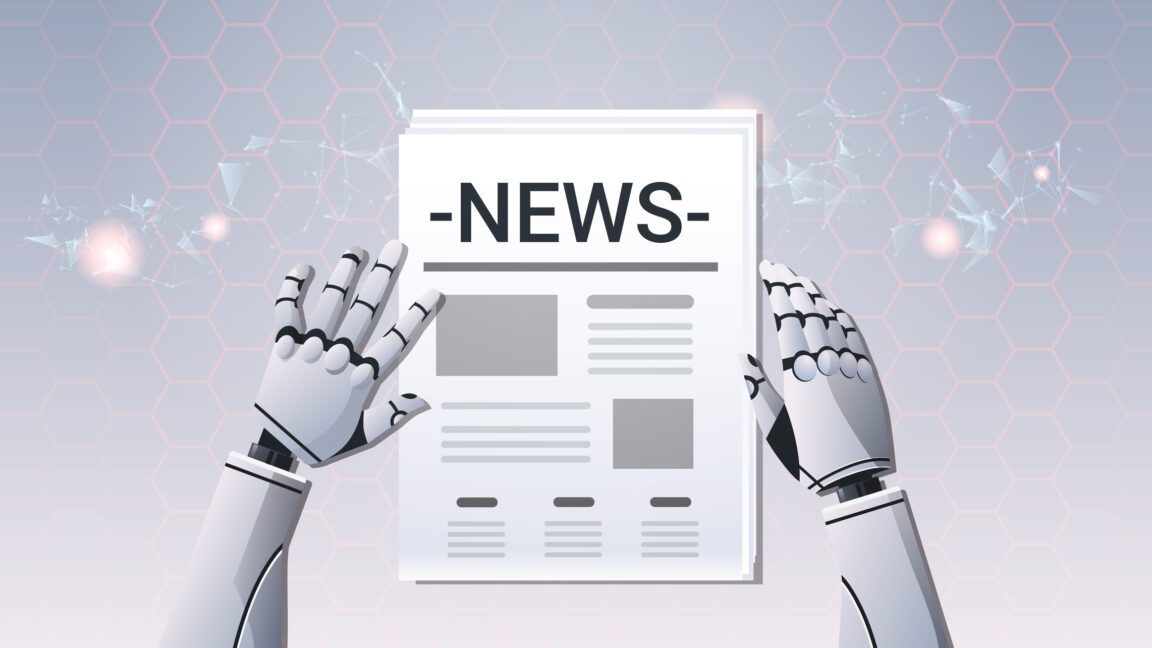








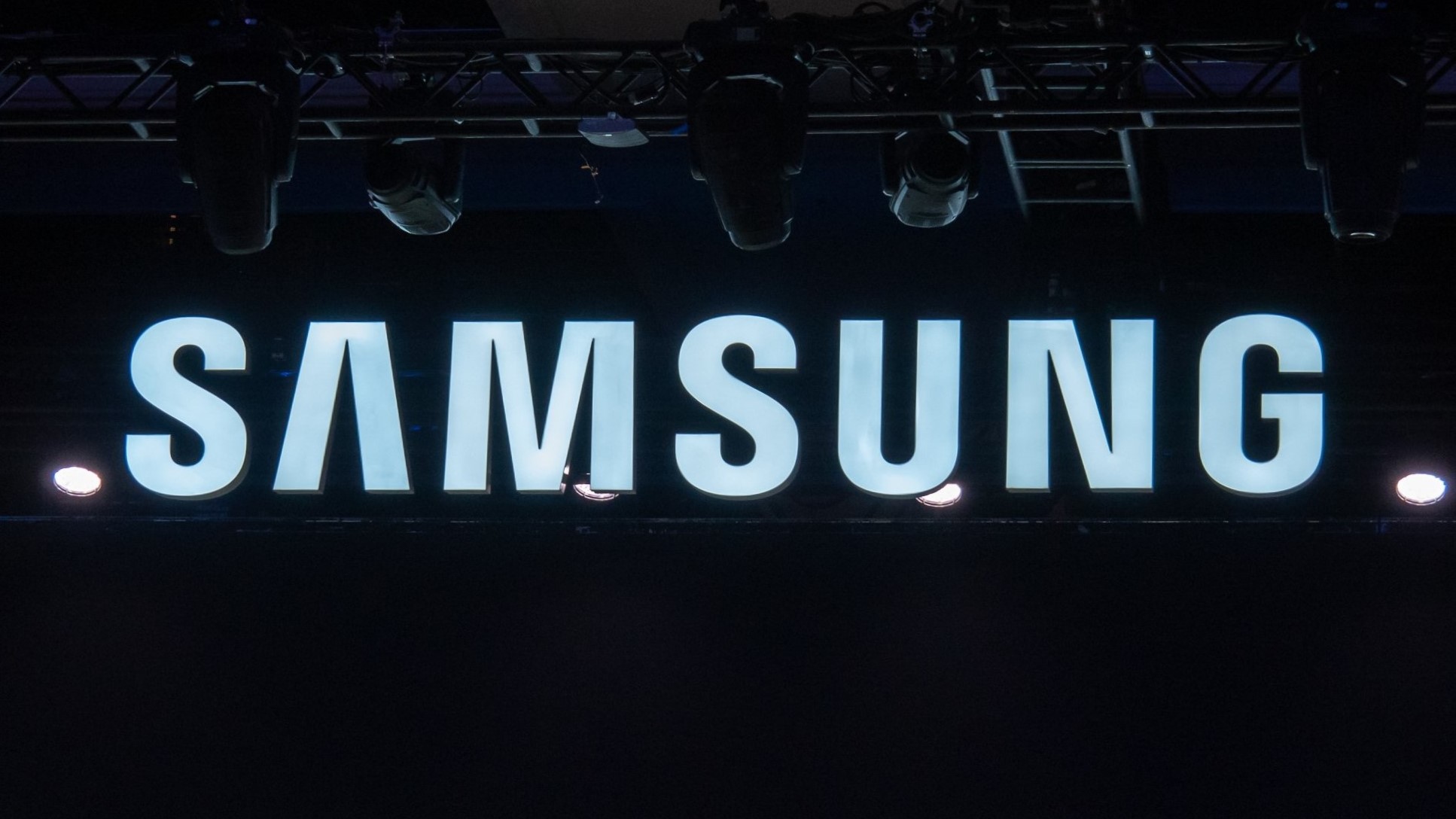
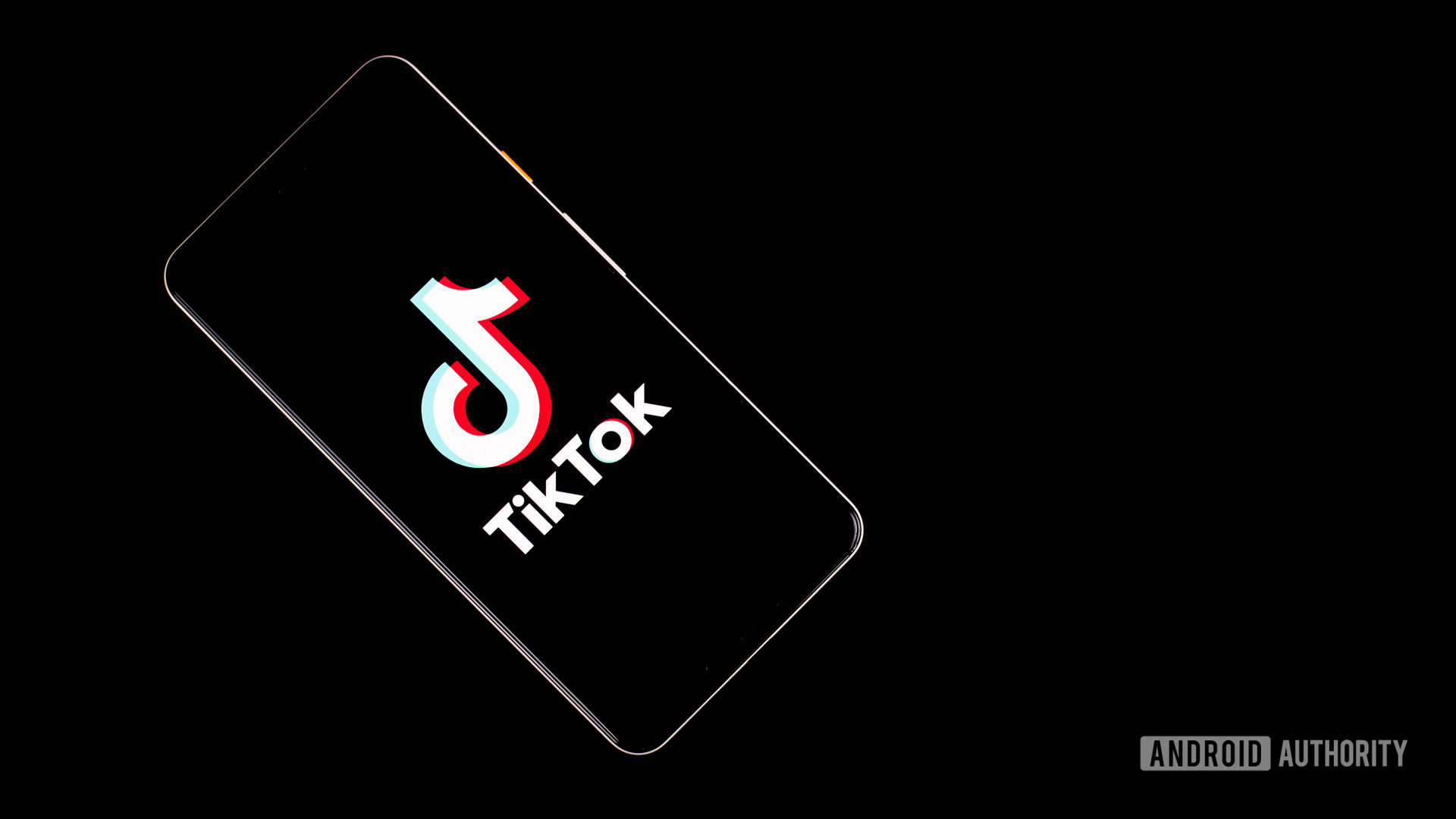
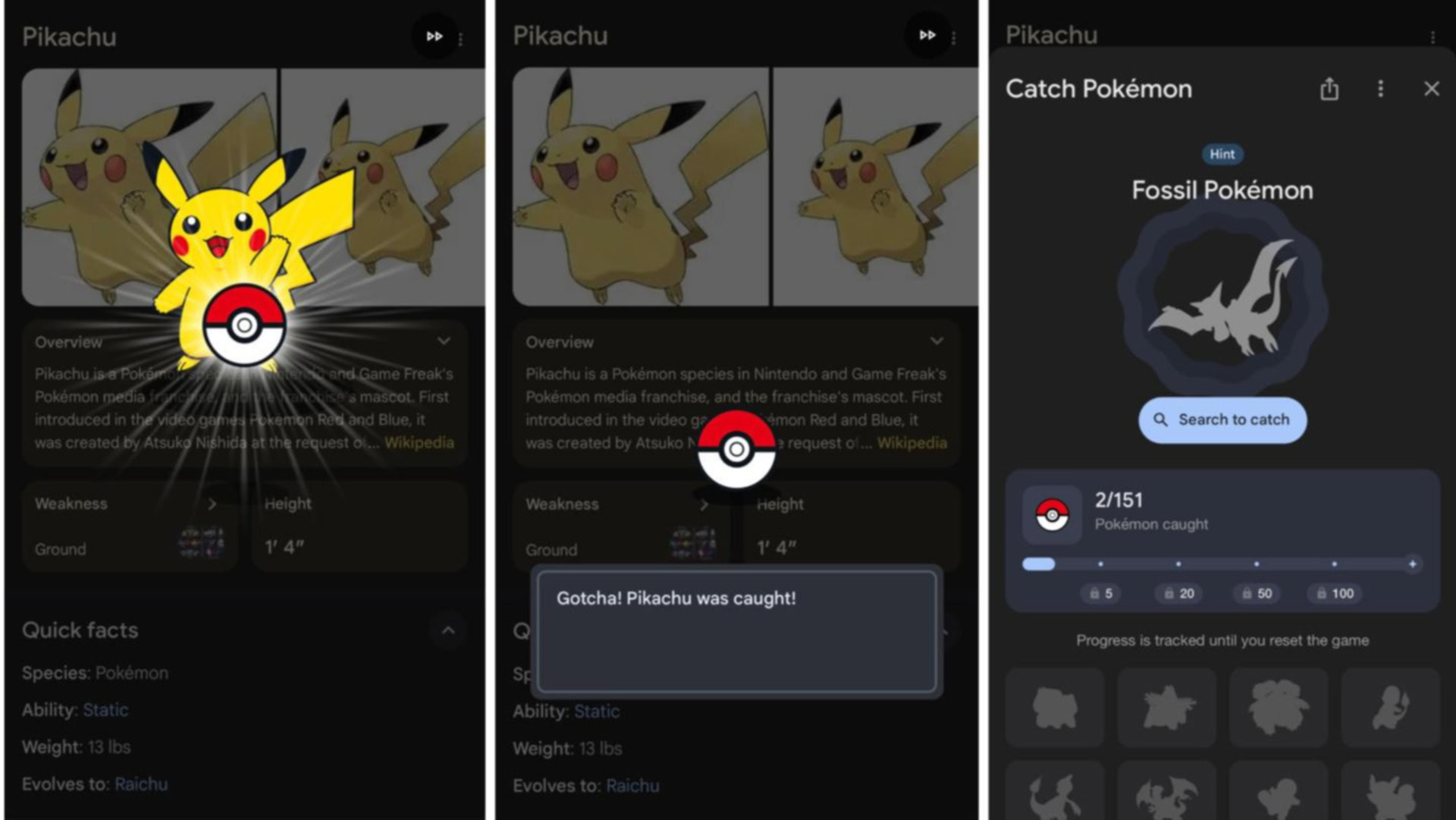
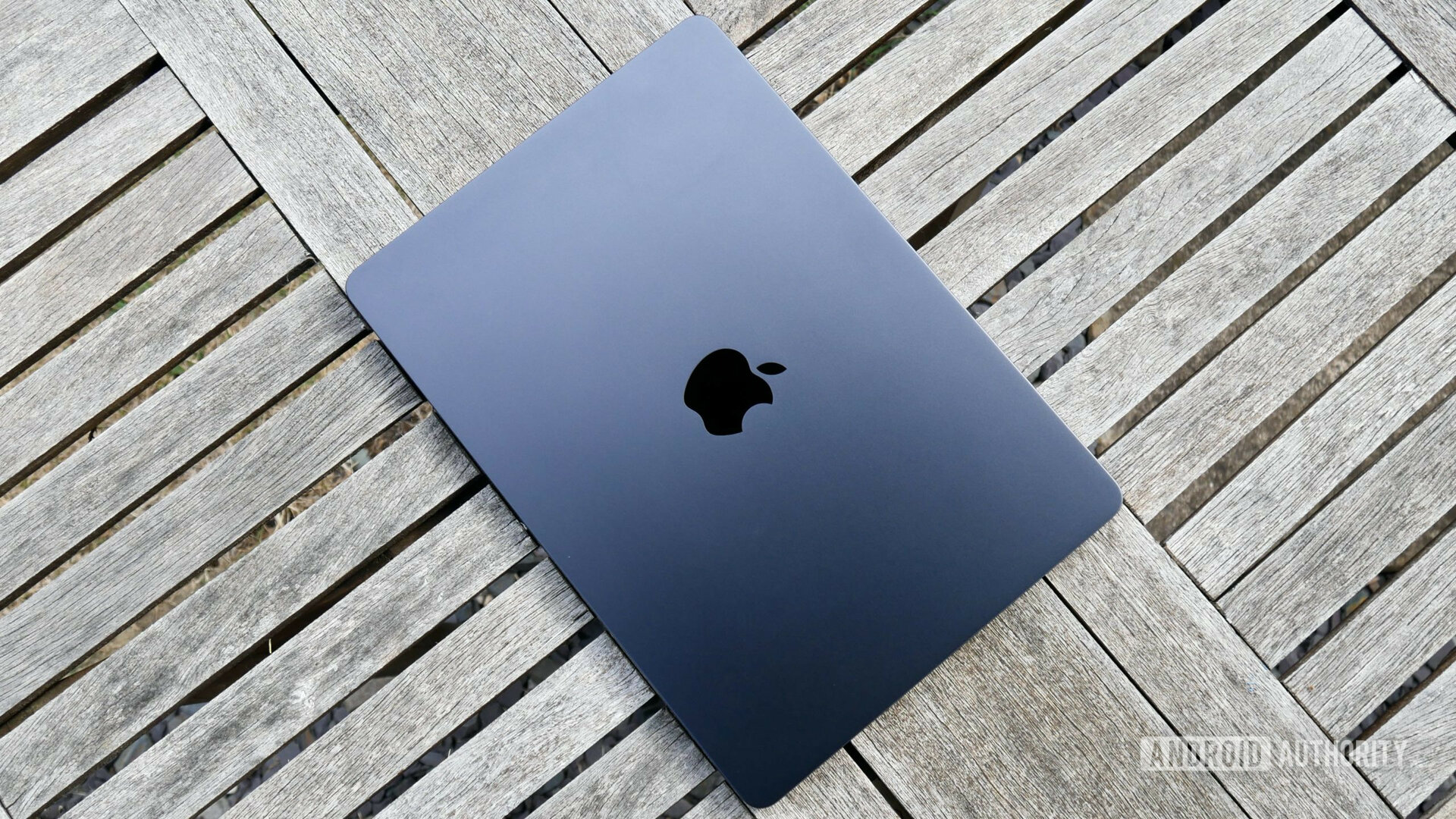


















![Rapidus in Talks With Apple as It Accelerates Toward 2nm Chip Production [Report]](https://www.iclarified.com/images/news/96937/96937/96937-640.jpg)


















